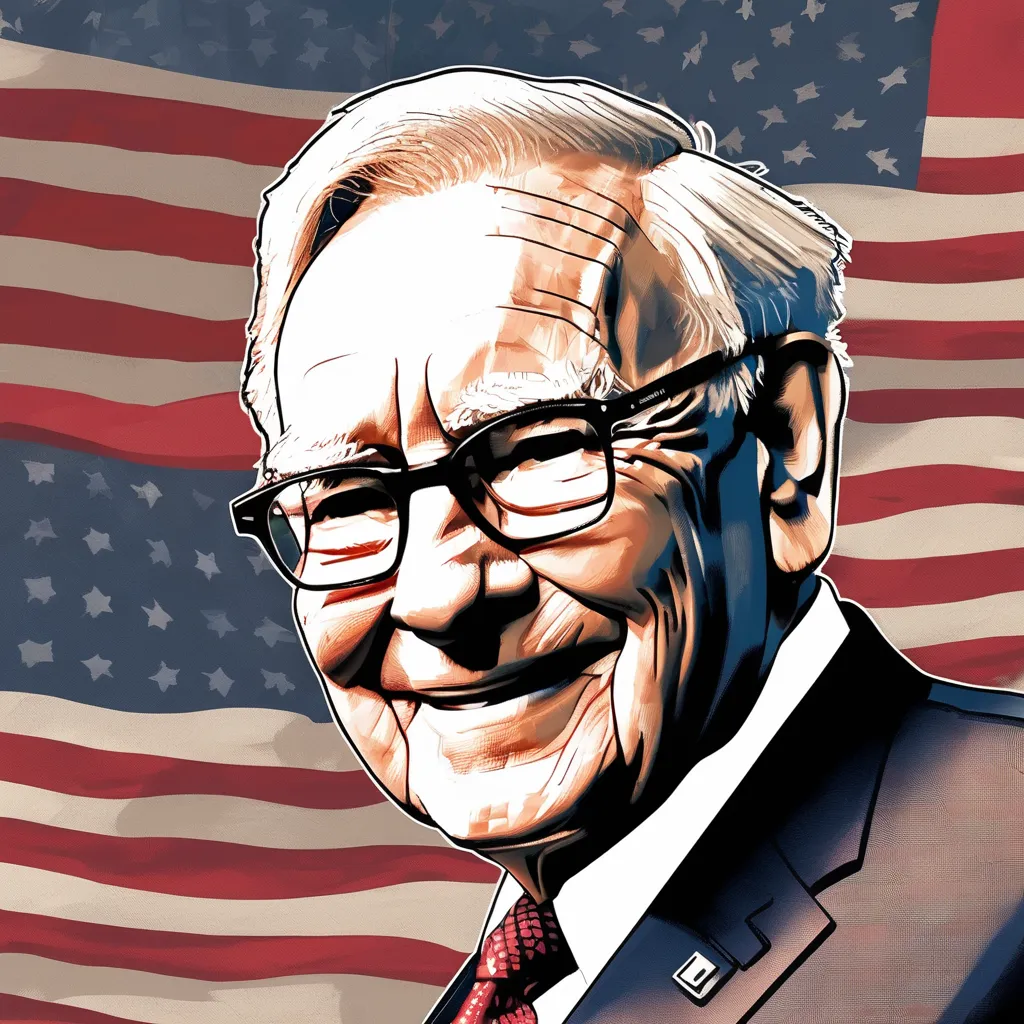The Federal Reserve’s Jackson Hole meeting concluded on a cautiously optimistic note, with officials from major central banks around the world indicating that they plan to reduce or continue lowering interest rates in the coming months as the global economy escapes the grip of post-COVID inflation. However, they remain aware of ongoing risks. “The time has come for policy adjustments,” said Federal Reserve Chair Jerome Powell firmly at the annual gathering of strategists and economists from around the world in Jackson Hole.
Powell’s remarks, along with those of other central bankers present, have eased some investor concerns, but significant risks and uncertainty persist, Bloomberg reports. Neither Powell nor the other central bankers provided much clarity on how quickly they plan to reduce rates in the coming months. Meanwhile, a weakening labor market and slower overall growth have emerged as top threats for strategists, replacing inflation.
In addition to Powell, several members of the European Central Bank’s governing council were also present at the meeting. Olli Rehn from Finland, Martins Kazaks from Latvia, Boris Vujcic from Croatia, and Mario Centeno from Portugal all indicated that they would support another rate cut next month following the benchmark reduction in June. Rehn described the disinflationary process in the Eurozone as progressing positively but warned that growth prospects in Europe, especially in the manufacturing sector, remain quite weak. This strengthens the case for a rate cut in September, he added.
Centeno labeled the decision to cut borrowing costs again in less than three weeks as “easy,” given the inflation and economic growth data. Among ECB officials, a consensus seems to be forming around two more cuts this year, including the one in September, provided inflation remains aligned with the bank’s projections, which see it returning to target in the latter half of next year.
Bank of England Governor Andrew Bailey also signaled openness to further rate cuts, stating that the risks associated with persistent inflation seem to be diminishing. The Bank of England lowered its benchmark rate by a quarter point to 5% earlier this month, marking the first reduction since the start of the pandemic. Central banks in Canada, New Zealand, and China are also cutting their rates.
After the Fed chair announced that the time for rate cuts had arrived, traders are now focusing on the extent of the initial reduction and the future course of monetary policy. They have increased bets on a half-point cut in September. At Jackson Hole, Powell indicated that the direction is clear but that “the timing and pace of reductions will depend on future data, outlooks, and the balance of risks.” He dismissed concerns that economic growth would need to be sacrificed to achieve inflation targets, signaling that a recession will be avoided, according to the Financial Times.
Economists present at Jackson Hole shared Powell’s optimism. “No one knows what the coming months will bring, but data suggests that unemployment will remain low,” said Heather Boushey, a member of the Council of Economic Advisers to President Joe Biden. Two years ago, the outlook was grim. The aggressive interest rate hikes aimed at curbing the most violent bout of inflation in advanced economies since the 1980s were expected to cause a painful economic downturn that could cost millions of jobs.
However, the past 12 months have brought significant changes. Inflation has sharply declined in the second half of last year. Yet, officials remain aware of the challenges that lie ahead. The fact that major central banks took so long to start cutting rates highlights the scale of the inflation problem they faced over the past three years. Initially deemed “transitory,” inflation quickly became an explosive and persistent issue for consumers worldwide. The path back to the 2% target has been fraught with obstacles, complicated further by conflicts in Ukraine and the Middle East. Even early this year, an unexpected resurgence of inflationary pressures alarmed U.S. officials.
Central bankers are not yet ready to declare victory in the fight against inflation. Bank of England Governor Andrew Bailey reiterated a cautious approach to rate cuts. Likewise, Philip Lane, the ECB’s chief economist, warned over the weekend that a return to the inflation target is not yet assured. Robert Holzmann, an ECB governing council member, also warned that rates might not be reduced next month, despite several of his colleagues signaling such a move, Bloomberg notes.





Leave a Reply